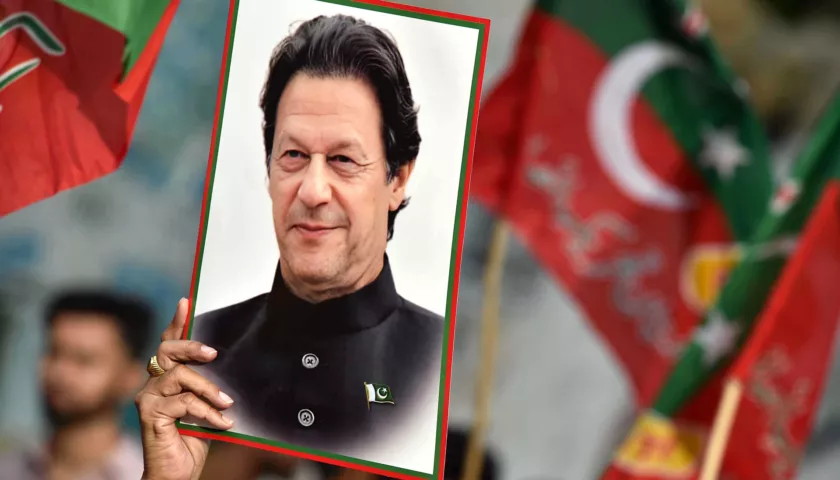Pakistan is willing to move forward in its engagement with India, potentially including formal bilateral dialogue on resolving the Kashmir dispute, if its eastern neighbour takes certain specified steps “to ease lives” in Kashmir, senior Pakistani sources have told.
The Pakistani sources, who have knowledge of the situation and spoke to KP, shared for the first time a list of “examples” of actions that the Indian government could take in Indian-administered Kashmir to move the talks closer to a formal bilateral dialogue.
Ties between the two nuclear-armed countries have been virtually frozen since February 2019, after a military standoff sparked by an armed group attack on Indian security forces in Kashmir.
This year, however, has seen a thawing of relations, with rare informal talks between the two countries resulting in a recommitment to a 2003 ceasefire agreement in the disputed Himalayan territory, an exchange of letters between their prime ministers, and a meeting of water commissioners.
“Pakistan is genuinely standing with the Kashmir cause, of course the territory is an internationally recognised dispute, but the first thing we have to do is make sure Kashmiri lives are eased,” said one source, who spoke on condition of anonymity given the sensitivity of the issue.
What Pakistan wants from India
The sources gave “examples” of concrete Indian actions that could move the “communication” between the two countries forward.
First, a permanent halt to demographic change in Indian-administered Kashmir, where India in April 2020 introduced a new domicile law that would allow long-term migrants from other parts of the country to gain permanent residence.
“This would inevitably be necessary to move forward,” a Pakistani source said.
Second, Indian authorities would have to release political and other prisoners being held since it imposed a strict lockdown in Indian-administered Kashmir in August 2019, when it revoked Article 370 of its constitution, which gave Indian-administered Kashmir a special constitutional status.
Third, the removal by India of blockades on communication and movement in the disputed region.
Fourth, giving back full statehood rights to Indian-administered Kashmir, which were also revoked as part of the August 2019 actions, and “recognising that it is subject to an internationally recognised territorial dispute with Pakistan”.
Fifth, a reduction in Indian security forces deployment in Indian-administered Kashmir, where hundreds of thousands of security forces personnel have been deployed following the August 2019 imposition of lockdown after India’s Article 370 was revoked.
“The markers I have mentioned, these are what we define as ‘the enabling environment’,” said a source.




